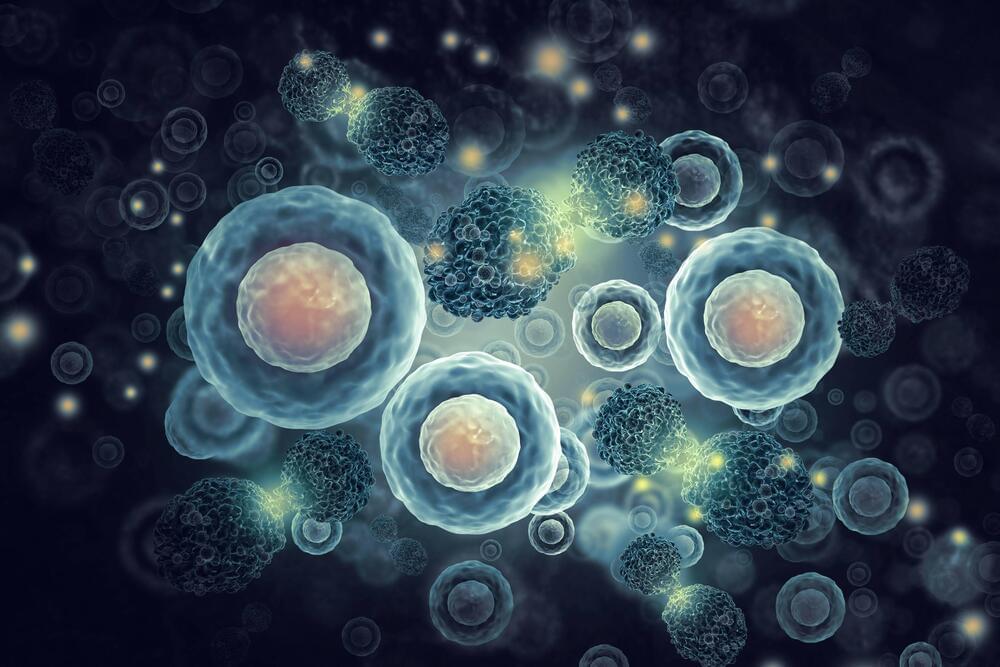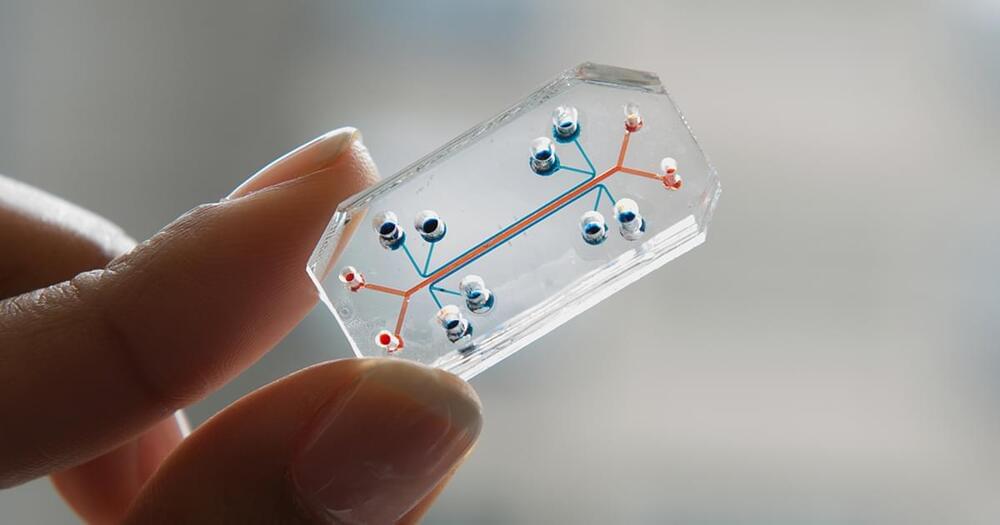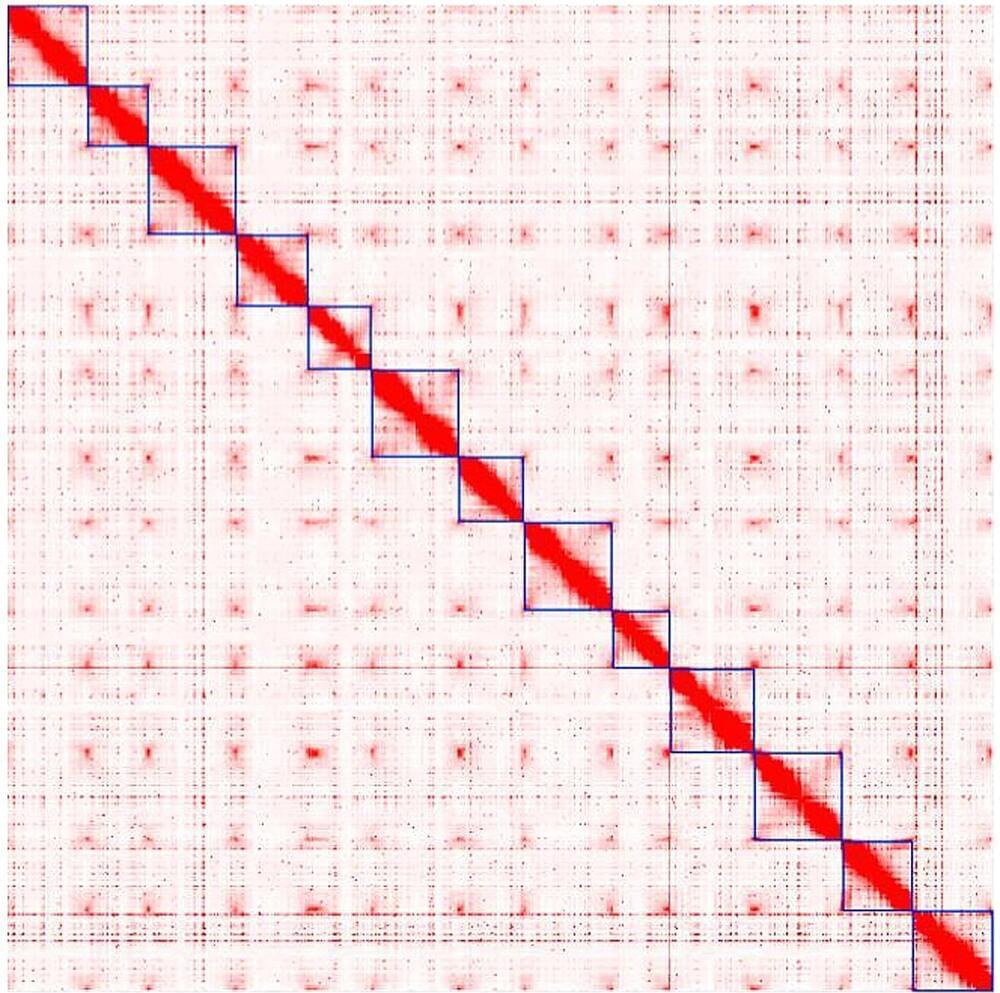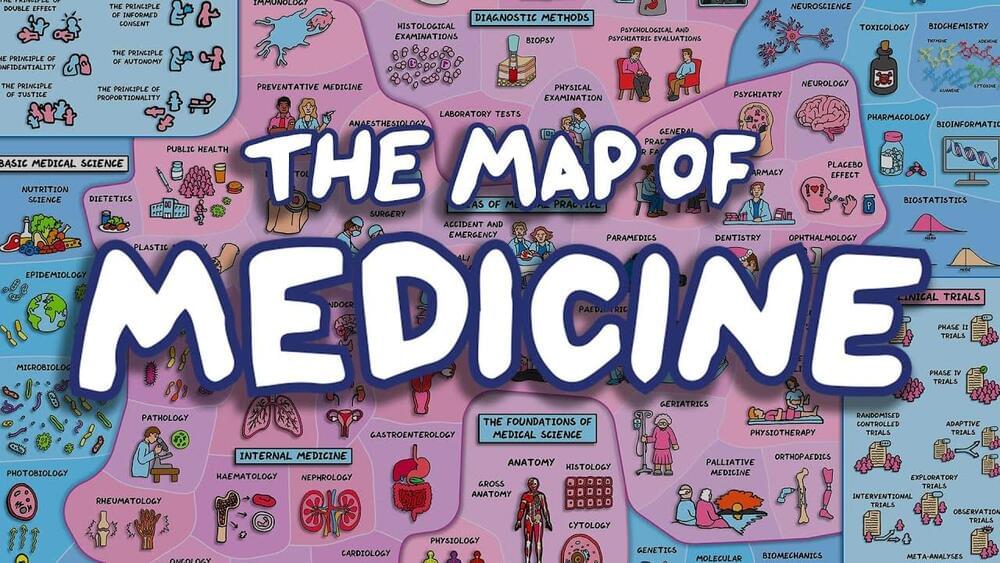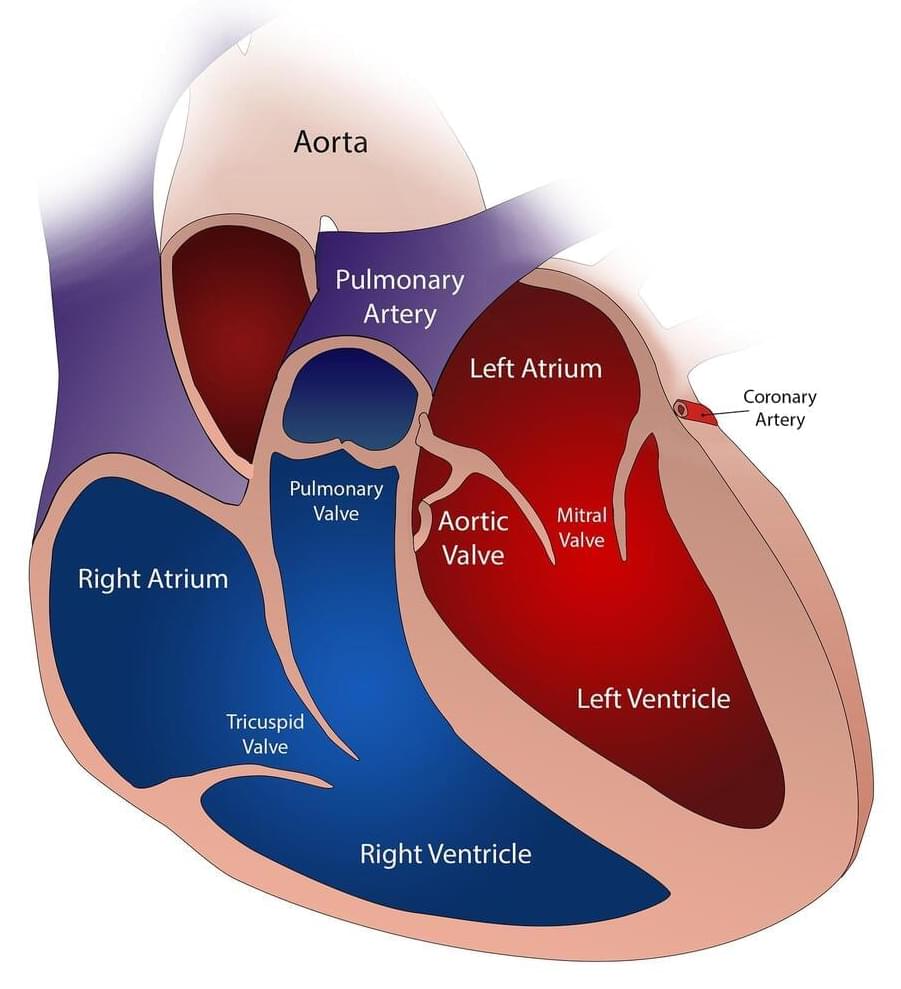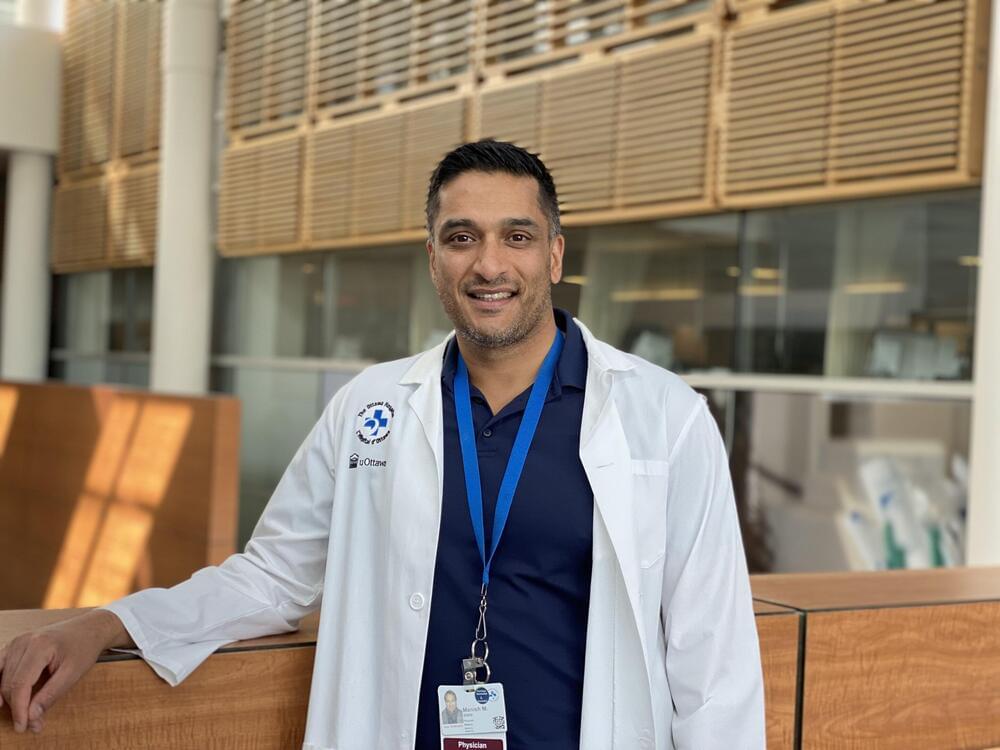Jun 24, 2023
A new class of interlocking supramolecular systems: MOFaxanes
Posted by Shailesh Prasad in categories: biotech/medical, chemistry
A team of chemists and material scientists at the University of Tokyo has developed a new class of interlocking supramolecular systems by combining metal-organic frameworks with rotaxanes. In their study, reported in the journal Nature Communications, the group combined the two structures and found possible uses for the results.
Metal-organic frameworks (MOFs) are compounds made using metal ions in such a way as to create one-, two-, or three-dimensional structures. The resultant ligands are known in the chemistry world as linkers or struts. They are typically used to make products such as sensing equipment, machines that store energy or those that separate and purify liquids. They have also been used for biological imaging and drug delivery.
Rotaxanes are molecular structures that are interlocked in dumbbell shapes. They are created by threading cyclic molecules into other molecules and then applying end caps. They are typically used as molecular switches in electronics devices, and sometimes as shuttles. In this new effort, the research team developed a way to connect the two types of compounds to create new kinds of interlocking structures.

